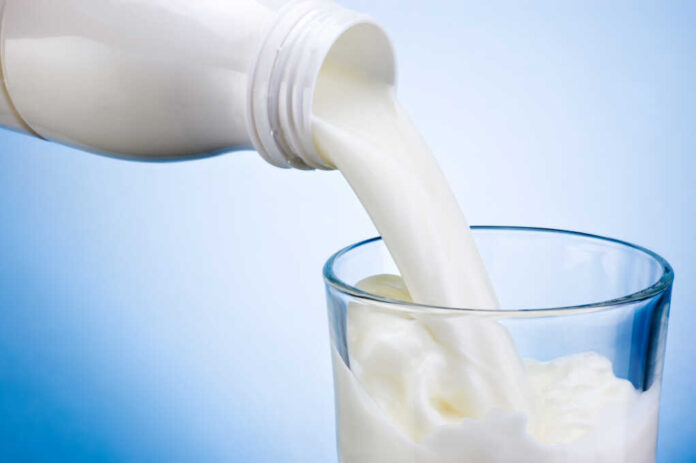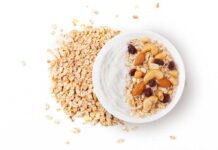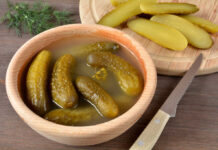
Household liquid waste disposal might seem trivial, but it can lead to unexpected plumbing nightmares like fatbergs while good practices turn waste into beneficial resources.
At a Glance
- Grease-clogged drains are commonly caused by fats, oils, and grease solidifying in pipes.
- Fatbergs are massive obstructions in sewage systems made from fat, oil, grease, and other debris.
- Milk, often poured down drains, can contribute to these blockages if combined with fats and grease.
- Used wisely, leftover milk enhances garden health, promoting a sustainable waste management cycle.
Understanding Fatbergs
Fatbergs form when fats, oils, and grease (FOG) congeal in sewer systems, solidifying and capturing other waste particles. Cooking processes like baking and frying contribute to this issue, with liquid fats and oils cooling and solidifying within plumbing infrastructure. When water flows through, soap made from tallow can exacerbate these blockages, eventually forming fatbergs that require substantial effort and cost to remove. Large fatbergs can cause severe sewer overflows and damage.
Homeowners might face fines and repair costs related to these clogs. Routine indicators of a developing blockage include foul odors, slow drains, gurgling sounds, and standing water. Preventing such occurrences often involves the use of drain covers, fat-free soaps, and fat trap catchers, ensuring robust waste disposal habits.
Repurposing Milk for Garden Health
Leftover milk can be repurposed effectively to avoid plumbing issues. Although often considered harmless to pour down drains, milk can cement the FOG cocktail lurking in pipes. Instead of contributing to potential fatberg formation, using milk as a natural plant fertilizer offers an alternative. Milk contains calcium and other beneficial nutrients that contribute to soil health and plant growth.
🤢 What Are Fatbergs? The Gross Truth! 🚽
Fatbergs: real plumbing horror stories! They're massive, solid blockages formed in sewage systems. The dirty truth: pic.twitter.com/KErZhnQidi
— SouthShorePlumbing (@SouthShorePlmb) June 25, 2025
Transform your milk disposal method by using it directly on the soil or as a part of your compost pile. Beyond preventing drainage blockages, this approach encourages a sustainable lifestyle that enhances plant health, promoting greener gardens and leading to healthier garden yields.
Effective Drain Management Techniques
Clearing existing clogs involves several methods, including the use of boiling water, commercial cleaners, or home remedies like baking soda and vinegar. Each method varies in effectiveness and safety risks. Some approaches may require professional assistance to resolve severe blockages or clogs that are beyond a homeowner’s reach.
When utilizing chemical cleaners or boiling methods, precautions should be taken to prevent personal injury. Mechanical methods such as the use of bent coat hangers or drain snakes are also available for persistent cases, combining prevention and active maintenance to manage household waste responsibly.


















